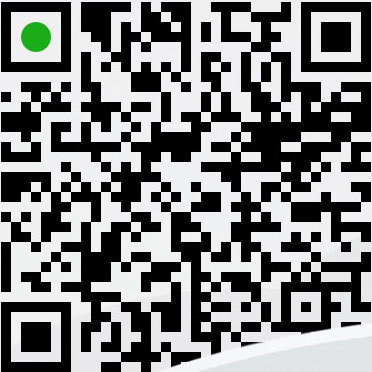Email for court evidence regulation
The Decision of the Supreme People’s Court of the People’s Republic of China on Amending the Several Provisions on Evidence in Civil Litigation, promulgated by the Supreme People’s Court of the People’s Republic of China on December 26, will come into force on May 1, 2020. The decision further refined and expanded the scope of electronic data. In the future, the following five types of electronic data can be officially used as evidence for litigation, including:
(1) Information released by web pages, blogs, microblogs and other network platforms;
(2) Communication information of network application services such as SMS, email, instant messaging, and distribution groups;
(3) User registration information, identity authentication information, electronic transaction records, communication records, login logs and other information;
(4) Documents, pictures, audio, video, digital certificates, computer programs and other electronic documents;
(5) Other information that can prove the facts of the case stored, processed and transmitted in digital form.
The Supreme Court has made clear provisions on the use of e-mail for court evidence. Only e-mail archives that meet the requirements can be used as electronic data evidence:
1. How to show e-mail in court
The evidentiary party shall provide the source of the mail, including the sender, recipient and mail provider, the relationship between the above personnel and the parties to the case, the generation, receiving time and content of the mail. When presenting evidence in court, if both parties have no objection, they can directly present paper mail; Otherwise, it should be demonstrated in court on the computer and downloaded and printed into paper. If the email has been notarized, you can show the notarized document as evidence instead of presenting the email in court.
2. How to judge the authenticity of e-mail
Although e-mail is transmitted and sent in the form of electronic information, which is not as high as the authenticity of traditional documentary evidence and is not easy to identify after being tampered with, e-mail also has its own advantages, that is, its sender and recipient are unique, each e-mail corresponds to a unique user, and its Internet account, password, and user name are also unique in a relative time.
1) Verify the identity information of both parties to judge the relationship between the parties to the case. When verifying the identity of both parties, pay attention to whether there is an e-mail address (corporate e-mail address) left on the business cards of both parties or in the contract agreement;
2) Compare the email with other evidences, and require relevant personnel to cross-examine if necessary;

